Adelaide City Council identifies 29 of its property assets which could be put on market
Adelaide City Council has found 29 of its properties which could be sold – but most will remain unknown to the public.
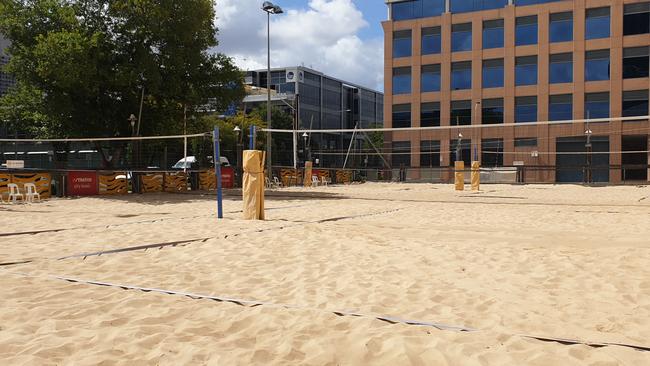
City
Don't miss out on the headlines from City. Followed categories will be added to My News.
Adelaide City Council has identified almost 30 property assets from within a $300m portfolio which could be sold.
Details of which assets could be put on the market are being kept secret with the exception of the City Beach Volleyball court and Pirie-Flinders UPark on Pirie Street.
Among the biggest items owned by the council are the Adelaide Central Market precinct, Colonel Light Centre, Adelaide Town Hall complex, Adelaide Aquatic Centre, six UPark car parks, North Adelaide post office, North Adelaide golf course, North Adelaide railway station, Adelaide Central Bus Station, the former Franklin Street bus depot and an affordable housing block, Ergo Apartments.
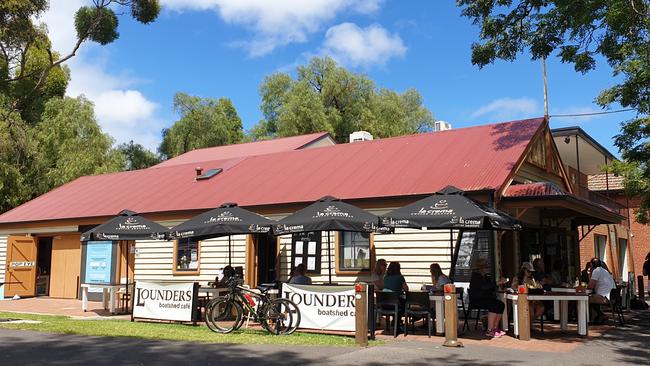
The council also owns the buildings which house Jolleys Boathouse restaurant, Lounders Boathouse cafe, Torrens Weir restaurant, The Pavilion restaurant, Victoria Park kiosk and Rymill Park kiosk.
Within the parklands it has numerous sporting clubrooms, changerooms, grandstands, rotundas, public toilets, utility sheds and nurseries while also owning more toilets and public facilities such as libraries and community centres within the CBD and North Adelaide.
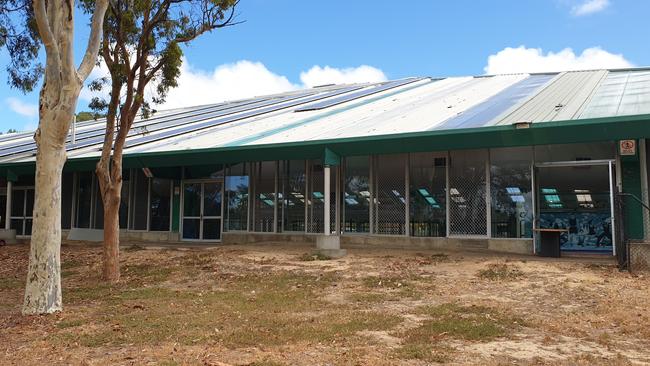
Council staff have been conducting a review of the asset portfolio over the past four years, with a confidential report presented to councillors at their last meeting for 2020.
Associate director Tom McCready said the review had “identified a number of building assets for review and consideration totalling 29”.
“This has been a detailed piece of work over the past four years,” he said.
“We are constantly looking at ways to leverage our balance sheet and support objectives of council’s strategic plan.”
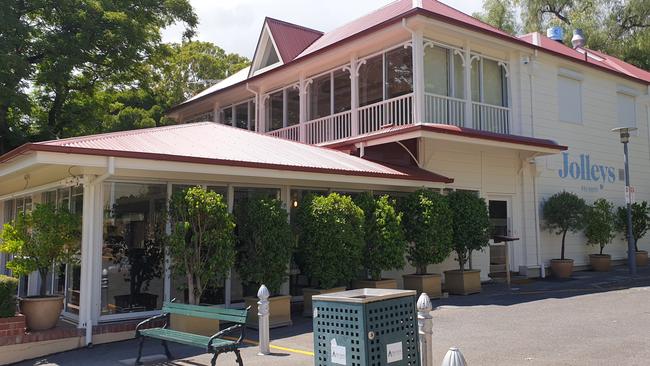
Mr McCready said the review considered “the life cycle of the asset, performance of the asset and opportunities to utilise the asset as a catalyst for significant city shaping activities.”
“In addition, council has established a Future Fund, a key component to support future investment decisions,” he said.
Mr McCready said evaluating assets was “a process undertaken by a responsible council which constantly reviews and tests its asset base to understand if a property is meeting the needs of the council and its community.”
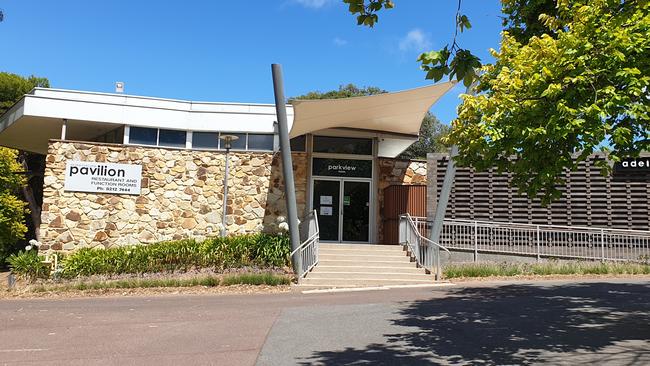
He was supported by Lord Mayor Sandy Verschoor, who said the council had “taken a very deep dive” into its assets.
“We have decided our assets need to be working harder for us because unlike other councils, half of our revenue in the city comes from commercial operations,” she said.
“If you’re just holding on to properties and you’re not getting commercial return then you really need to look at that.”
Ms Verschoor said the “future fund” would ensure sales proceeds “weren’t “frittered away” on operational costs but used to create new assets.




